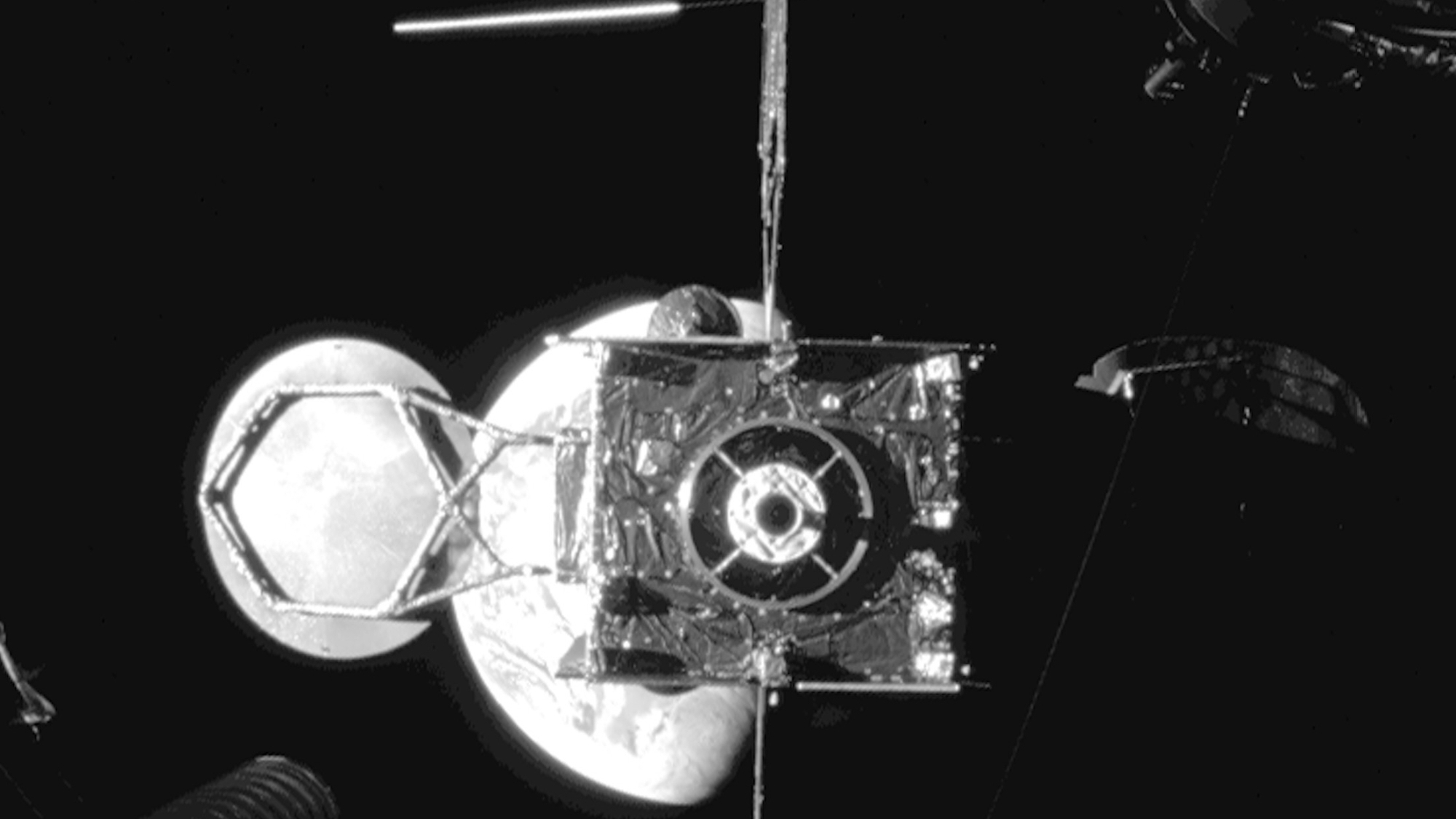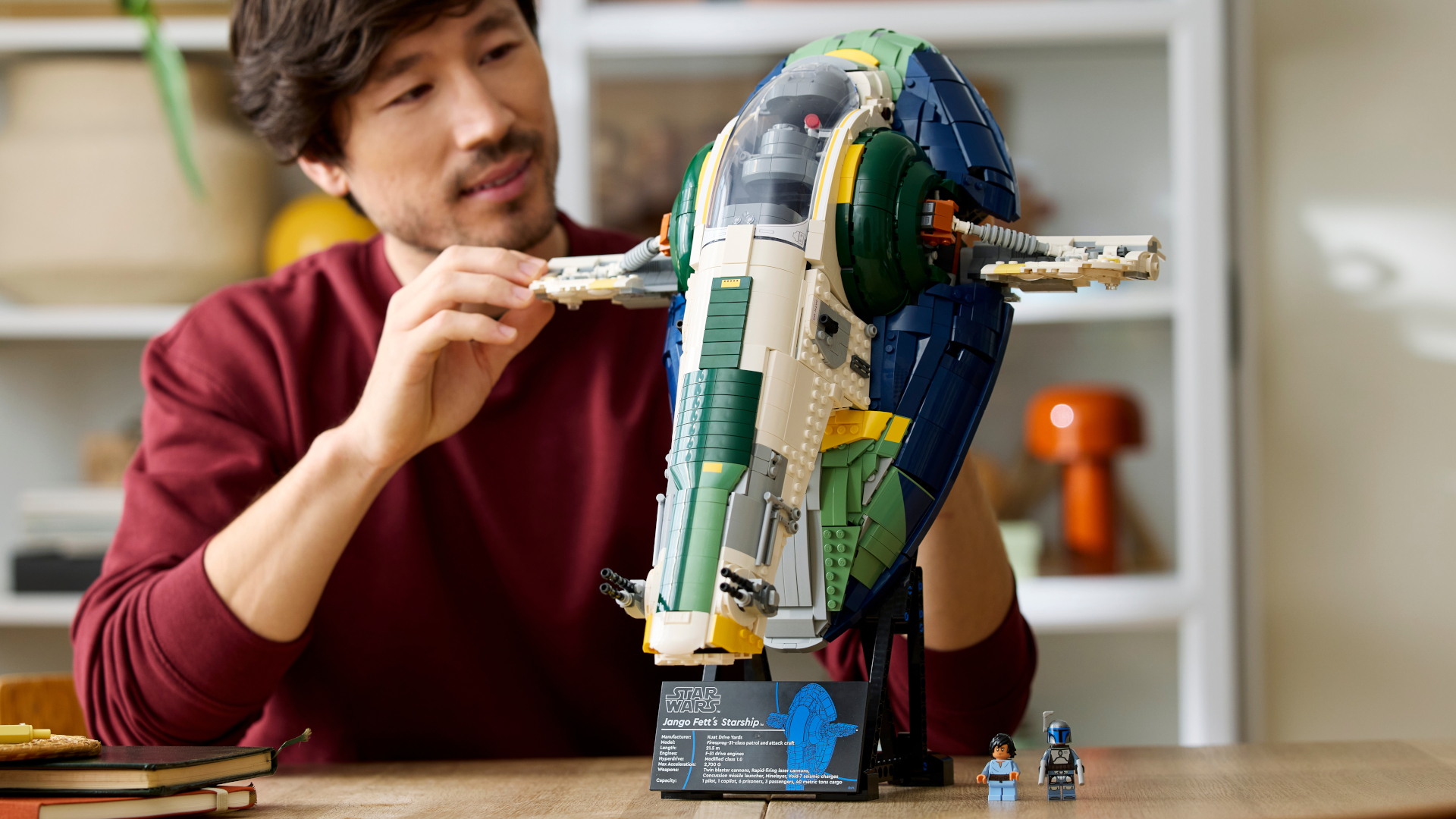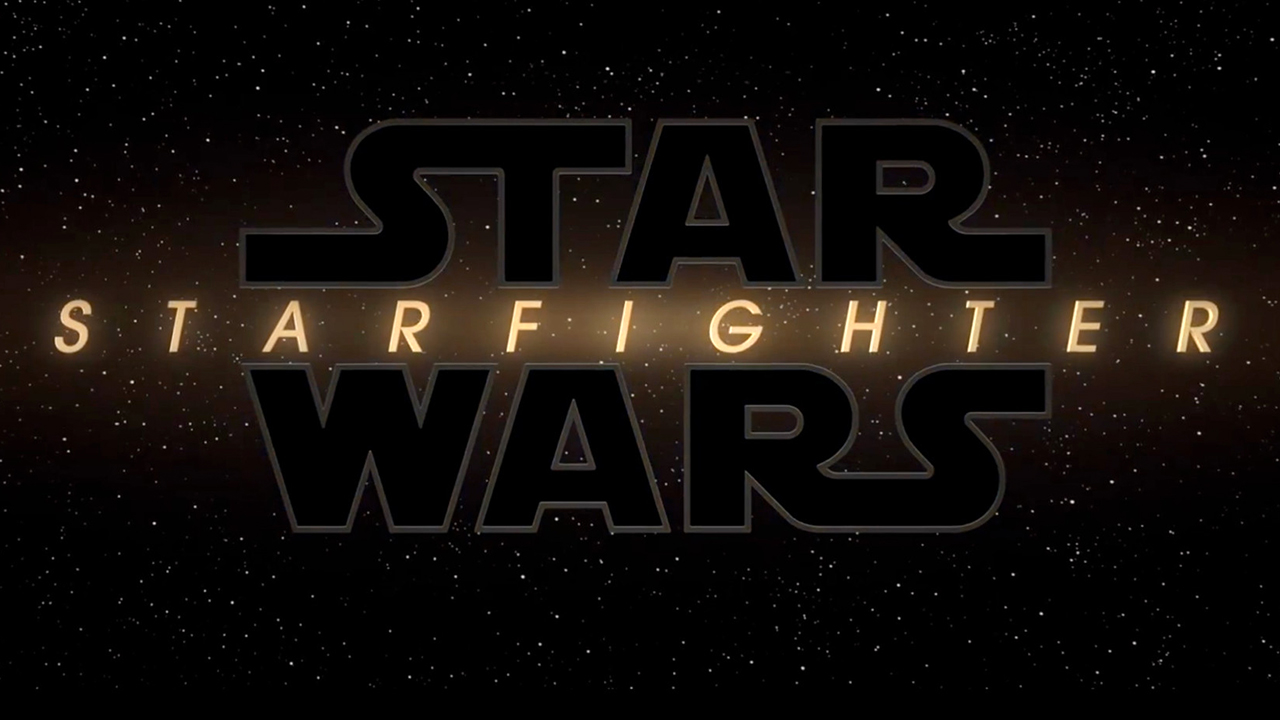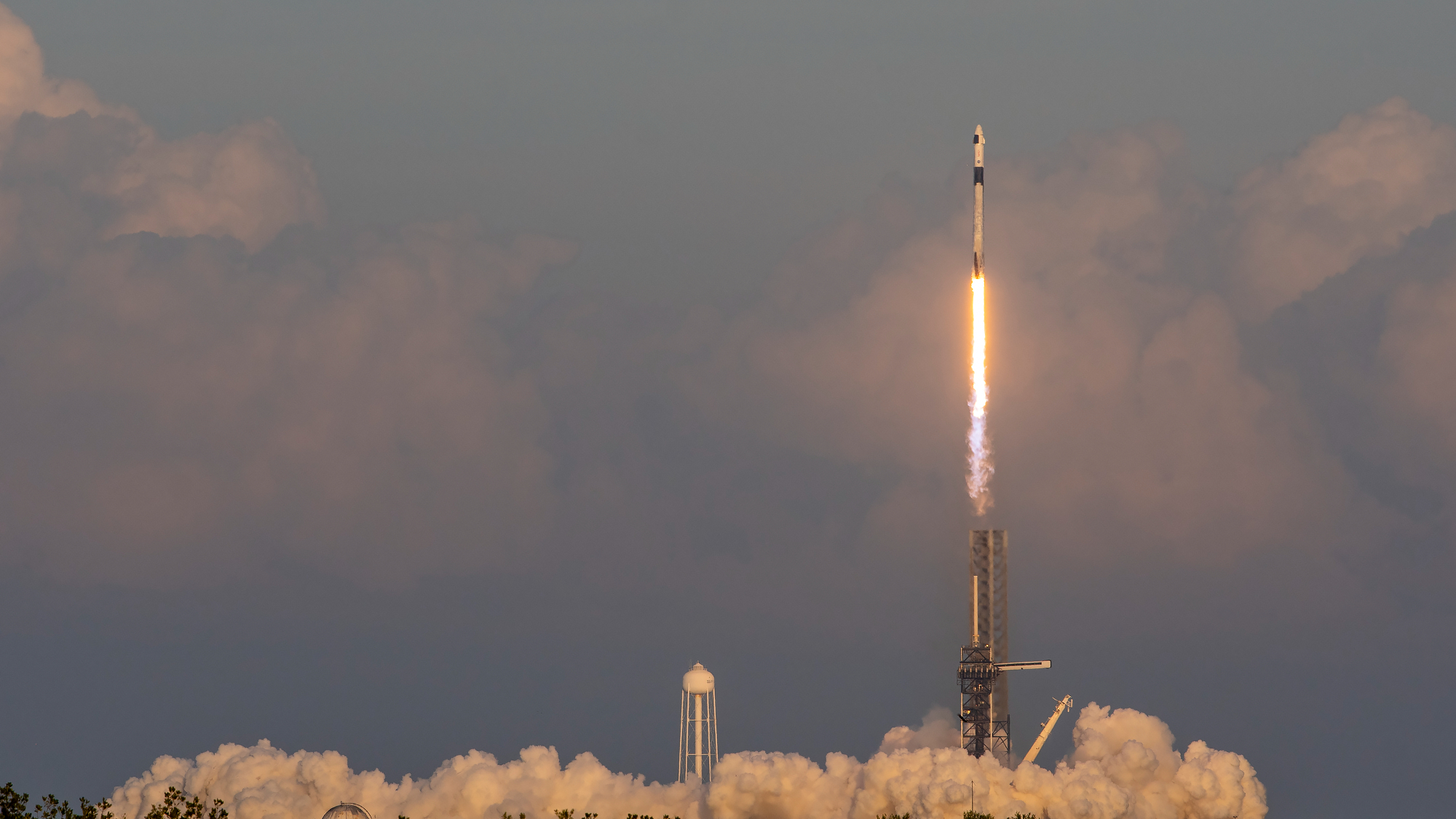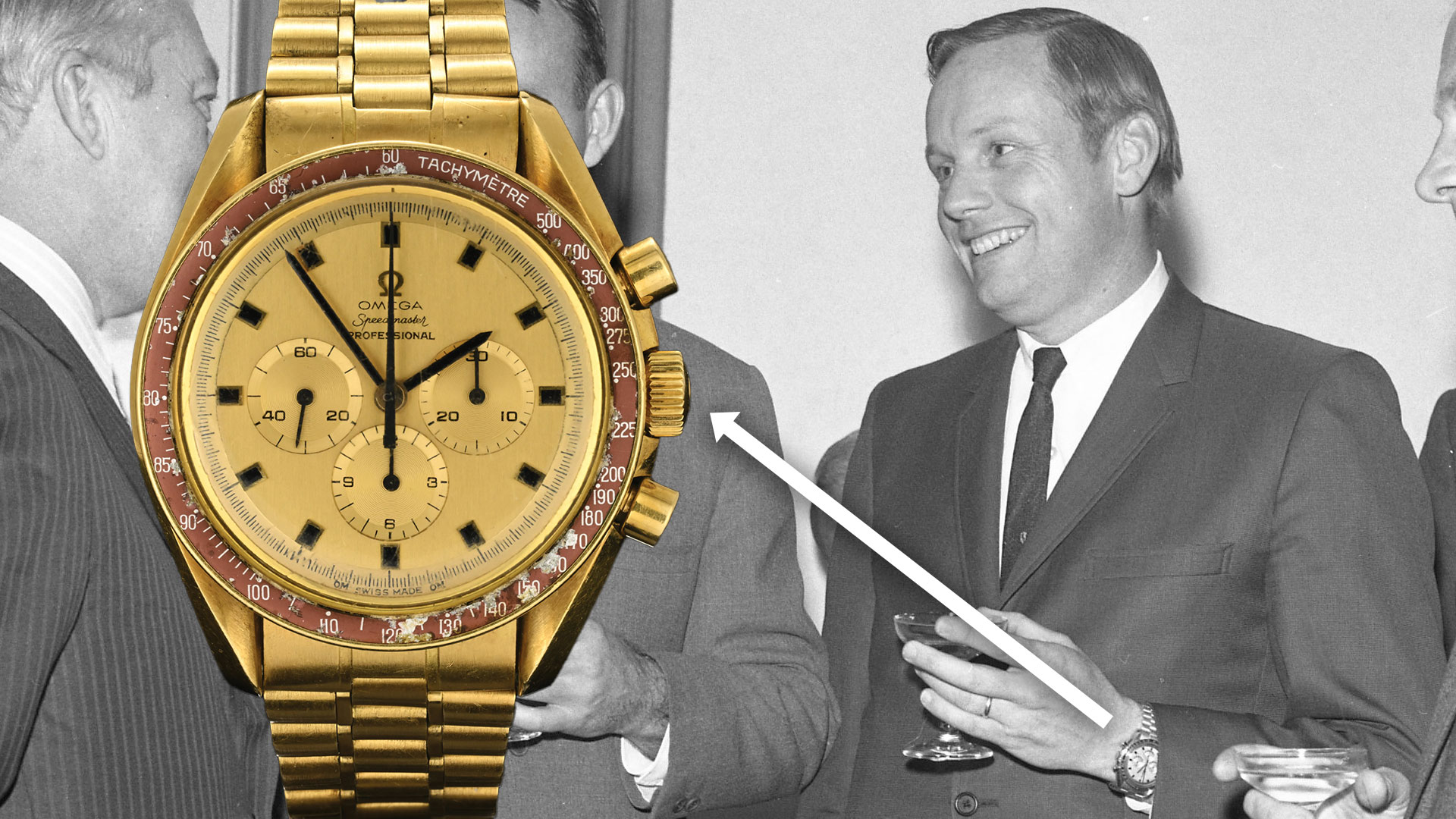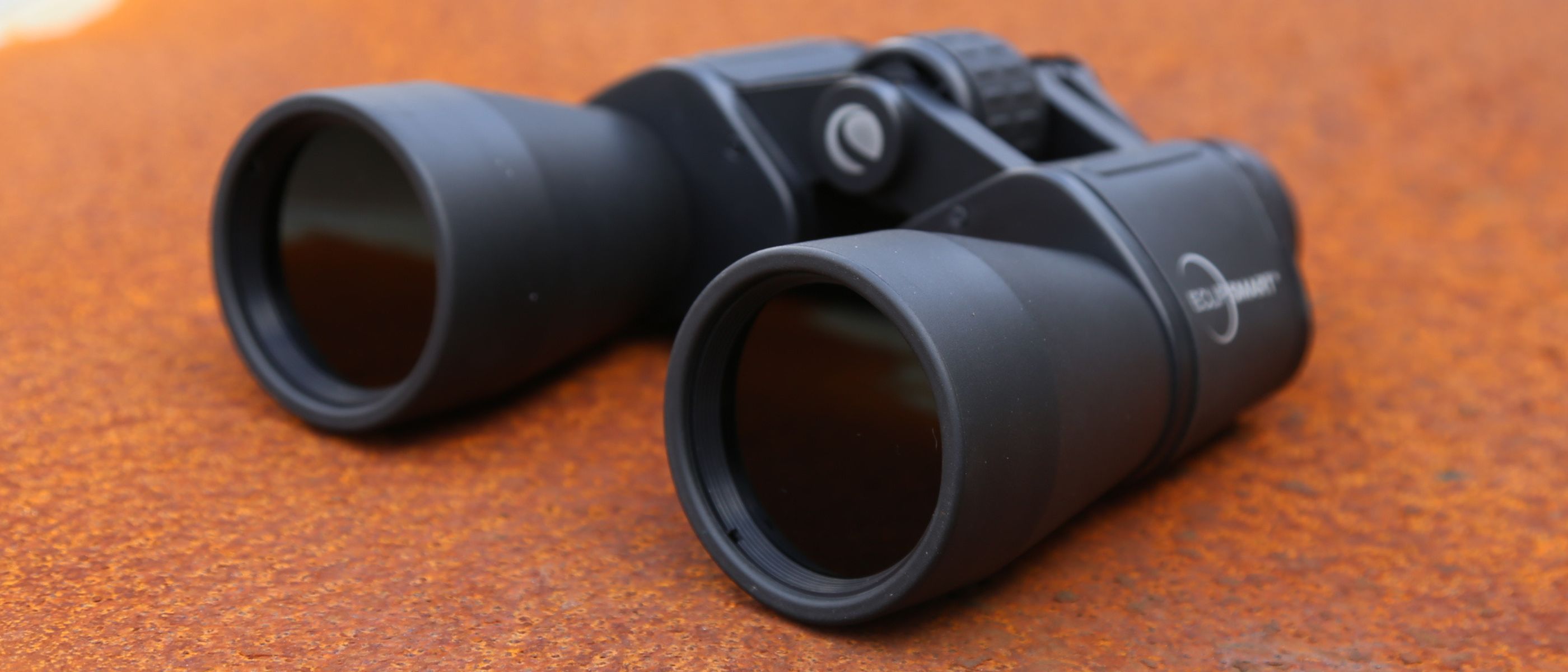Virgin Galactic, NBC to Launch 'Space Race' Reality TV Show
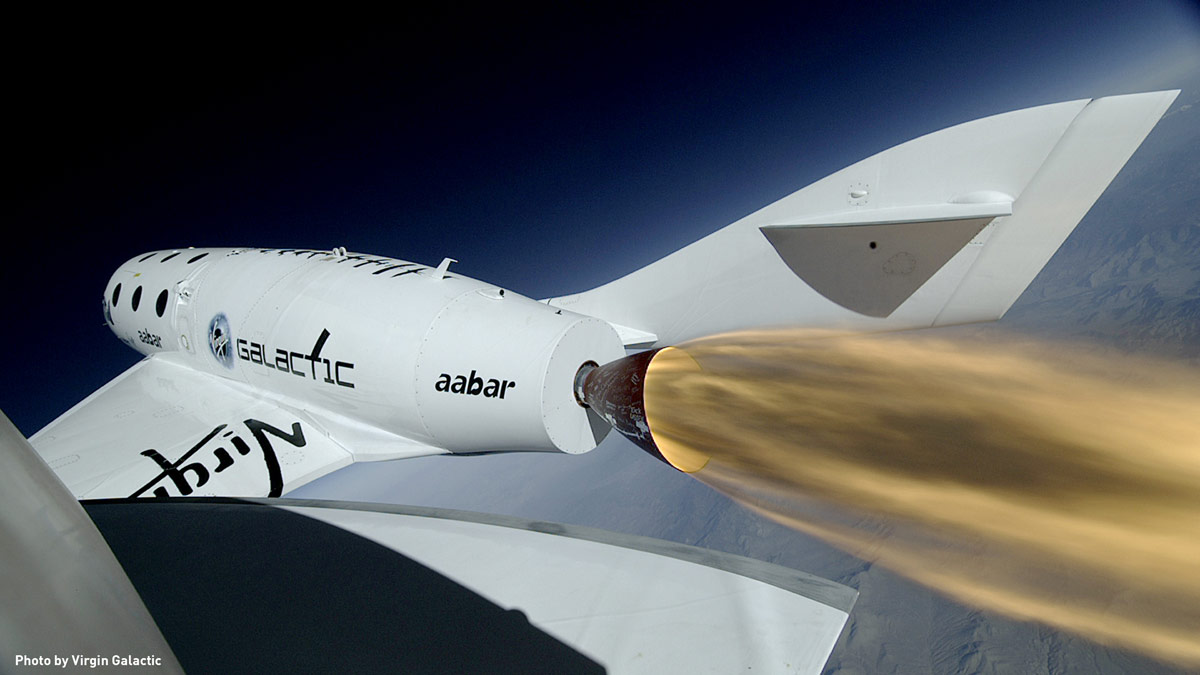
Soon, you can watch people compete for a chance to launch into space from the comfort of your own living room.
A new reality TV show picked up by NBC called "Space Race" will follow along as space fans compete to win a free ride on Virgin Galactic's SpaceShipTwo. The winner of the competition will get a chance to fly aboard the commercial spaceship. Veteran reality TV show producer Mark Burnett of One Three Media will serve as executive producer.
"Virgin Galactic's mission is to democratize space, eventually making commercial space travel affordable and accessible to all," British billionaire Sir Richard Branson, founder of Virgin Galactic, said in a statement. "'Space Race' allows us to extend this opportunity of a lifetime to as many people as possible right at the start of our commercial service — through direct experience and television viewing. All of us at Virgin Galactic and our partner Aabar Investments are delighted to be collaborating with NBC and Mark, who is a true pioneer and creative force in television programming" [See photos of a SpaceShipTwo rocket-powered test flight]
Burnett's other credits have included the long-lasting "Survivor" and "The Apprentice" reality-forma competition shows.
Virgin Galactic's SpaceShipTwo is a private suborbital space plane designed to carry two pilots and six passengers on round-trip flights into space. Passenger flights are expected to begin in 2014 and can be bought at a price of about $250,000 per ticket, but the lucky winner of "Space Race" won't need to pay a dime for their flight into space.
During a spaceflight, SpaceShipTwo will be carried to an altitude of about 50,000 feet (15,000 meters) by a mothership carrier plane called WhiteKnightTwo. Once released, the spaceship's rocket engine kicks in, launching it into suborbital space.
Virgin Galactic passengers on SpaceShipTwo will briefly feel weightlessness during the flight, although they will not complete a full orbit of Earth. Officials with Virgin Galactic have said that the spaceflyers will get the chance to look down on Earth against the backdrop of black space.
Get the Space.com Newsletter
Breaking space news, the latest updates on rocket launches, skywatching events and more!
"For the past 10 years I have relentlessly pursued my dream of using a TV show to give an everyday person the chance to experience the black sky of space and look down upon mother Earth," Burnett said in a statement. "Last year I spent time in New Mexico at the state of the art facility [Spaceport America] and last week spent time in the Mojave Desert with Sir Richard and his impressive team."
"We got to see the spaceship up close and hear of Sir Richard’s incredible vision of how Virgin Galactic is the future of private space travel," Burnett added. "I am thrilled to be part of a series that will give the everyday person a chance to see space and that NBC has come on board too so that viewers at home will have a first class seat."
SpaceShipTwo reached a maximum altitude of 65,000 feet (19,800 m) during its second powered test flight in September. The spaceship was built by the aerospace firm Scaled Composites, which also built its predecessor SpaceShipOne — the first private spacecraft to fly humans to space and back twice in a week in 2004 to win the $10 million Ansari X Prize contest.
Follow Miriam Kramer @mirikramer and Google+. Follow us @Spacedotcom, Facebook and Google+. Original article on SPACE.com.
Join our Space Forums to keep talking space on the latest missions, night sky and more! And if you have a news tip, correction or comment, let us know at: community@space.com.
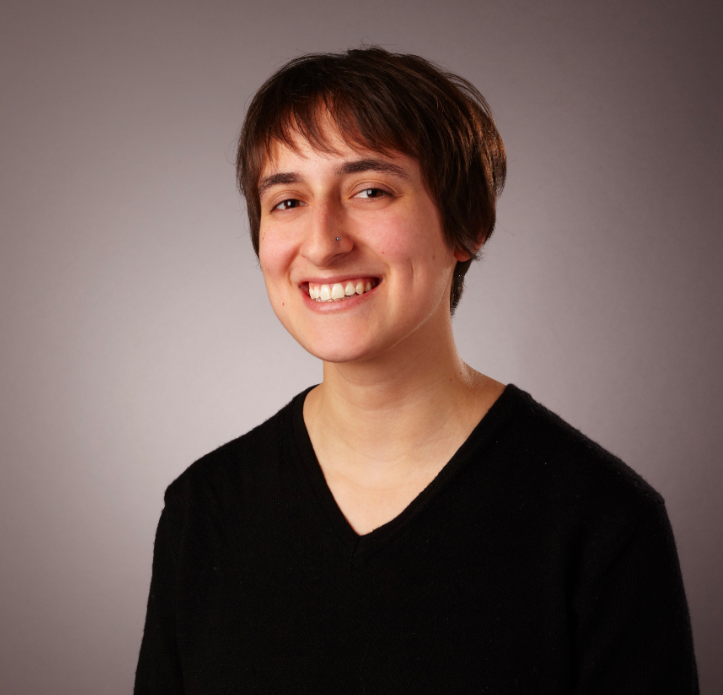
Miriam Kramer joined Space.com as a Staff Writer in December 2012. Since then, she has floated in weightlessness on a zero-gravity flight, felt the pull of 4-Gs in a trainer aircraft and watched rockets soar into space from Florida and Virginia. She also served as Space.com's lead space entertainment reporter, and enjoys all aspects of space news, astronomy and commercial spaceflight. Miriam has also presented space stories during live interviews with Fox News and other TV and radio outlets. She originally hails from Knoxville, Tennessee where she and her family would take trips to dark spots on the outskirts of town to watch meteor showers every year. She loves to travel and one day hopes to see the northern lights in person. Miriam is currently a space reporter with Axios, writing the Axios Space newsletter. You can follow Miriam on Twitter.




